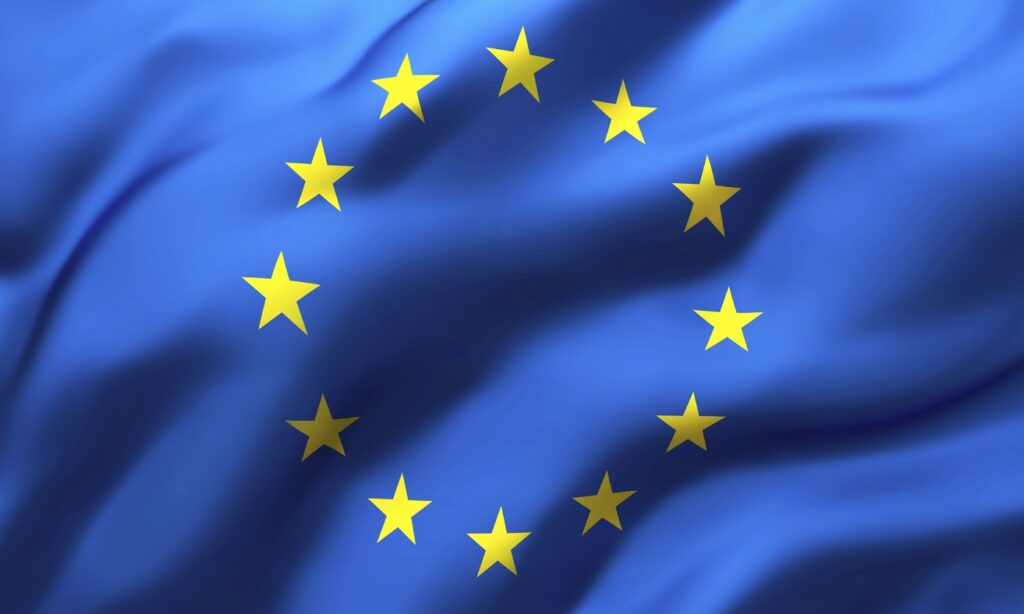There’s so much rich insight coming out of the academic sector that HR professionals need to know. At Academics’ Corner we feature the best HR researchers that tell you what they’ve found and what you need to do differently on the back of the research. Get connected to the academic sector through Academics’ Corner and make sure you never miss another piece of key research again. If you’re an academic with a relevant story, please get in touch on academicscorner@hrzone.com.
The European spirit has emerged from a history of innovation, conflict and reconciliation. It is a unique force for addressing the changes that lie ahead of us and which face companies.
Europe is, in essence, the continent that has seen it all, including the most difficult and innovative transformations. Today, these diverse nations in all their cultural variety are an extremely rich learning ground for multiculturalism and cultural diversity in its broadest sense. The multicultural experience gained here may then be used all around the world. This is exactly the kind of experience that tomorrow’s business leaders will have.
We’re all aware of the national stereotypes that exist across the continent. For example, the French and other Latin cultures are seen as less punctual, unlike the Germans, but this is not enough to understand and make identifying a cultural difference of use. The understanding comes in knowing that within any stereotype, there’s a grain of truth. The only way to truly know is to experience the variety.
There are 28 countries in the European Union, the need for understanding of comparative management between two countries is considerable when there are more cultural combinations than days in a year! It is necessary to find out why and, more importantly, understand how to capitalise on these differences. What value do they create in managerial processes? And why is this important for companies?
Ultimately, the reason is that the global economy has become multi-polar and the consideration of cultural diversity is paramount to international business development. It is therefore vital in the training of business future leaders.
So with Europe being such a cultural melting-pot, it is one of the most complex and diverse regions on the planet, making it the ideal laboratory in which to learn the lessons of international business. The continent has much to teach us.
On the six campuses of ESCP Europe business school, we’ve just implemented a new strategy called ‘Cultures for Business’ or ‘C4B’ to develop a new generation who can understand and embrace the opportunities that culture offers. With Europe and its lessons as the foundation, we’re shaping our students into the business leaders of tomorrow.
Take the importance of integration as an instance of these lessons. Demonstrating the world’s best example of different cultures, ideologies and languages working together for the common good, Europe shows us how to work together to achieve an aim.
A place of new experience, experimentation and expertise, this is where the idea of working collaboratively within different ecosystems comes to life.
We teach that tomorrow’s managers must look at integrating differences between their employees. So we’re encouraging students to become fluent in a minimum of three languages. This is hugely important to bridge differences between nationalities. Tomorrow’s business leaders should be able to converse in more languages than just their mother tongue.
Mastering another language is a way to enter new business cultures more intimately. In fact, companies have noted that these highly multicultural profiles are the ones who will ensure international success for the firm.
This international expertise not only progresses the expansion of the business, but has an impact on a smaller scale as well. Being truly international helps the best managers see the individual rather than whatever group they may be a member of and treat them with the respect and affection that they deserve.
A pan-European experience has a positive impact on international development, as evidenced in global corporations, but on an individual and team level as well.
For reasons like this, we ensure that students don’t learn in just one country. Campuses in six European cities – Paris, London, Berlin, Madrid, Torino and Warsaw – offer education in management across the breadth and depth of Europe the way future business leaders need to be taught.
This is the best continent to teach managers that barriers aren’t permanent, and they can be overcome. In fact, those who live in several different countries and spend both work and leisure time with colleagues from all around the world find that barriers naturally break down.
With such a fusion of cultural identities, by developing from Europe’s example, managers can better understand what diversity actually is.
It isn’t just in terms of nationality, ethnicity and gender but also in terms of background and experience. Europe is a living example of the scale of diversity in action. These nations can teach tomorrow’s leaders the knowledge and skills that are increasingly important as globalisation becomes a daily reality for workers across ever more industries.
More companies are realising that diversity is a source of value creation for building sustainable international growth. It’s time managers understood that if you succeed in such a challenging commercial and cultural ‘hot house’ as Europe, as one of our students said to me recently, then you can succeed anywhere.







